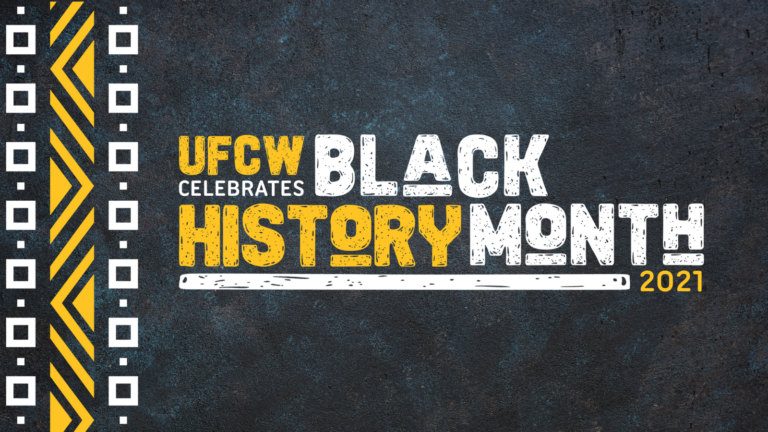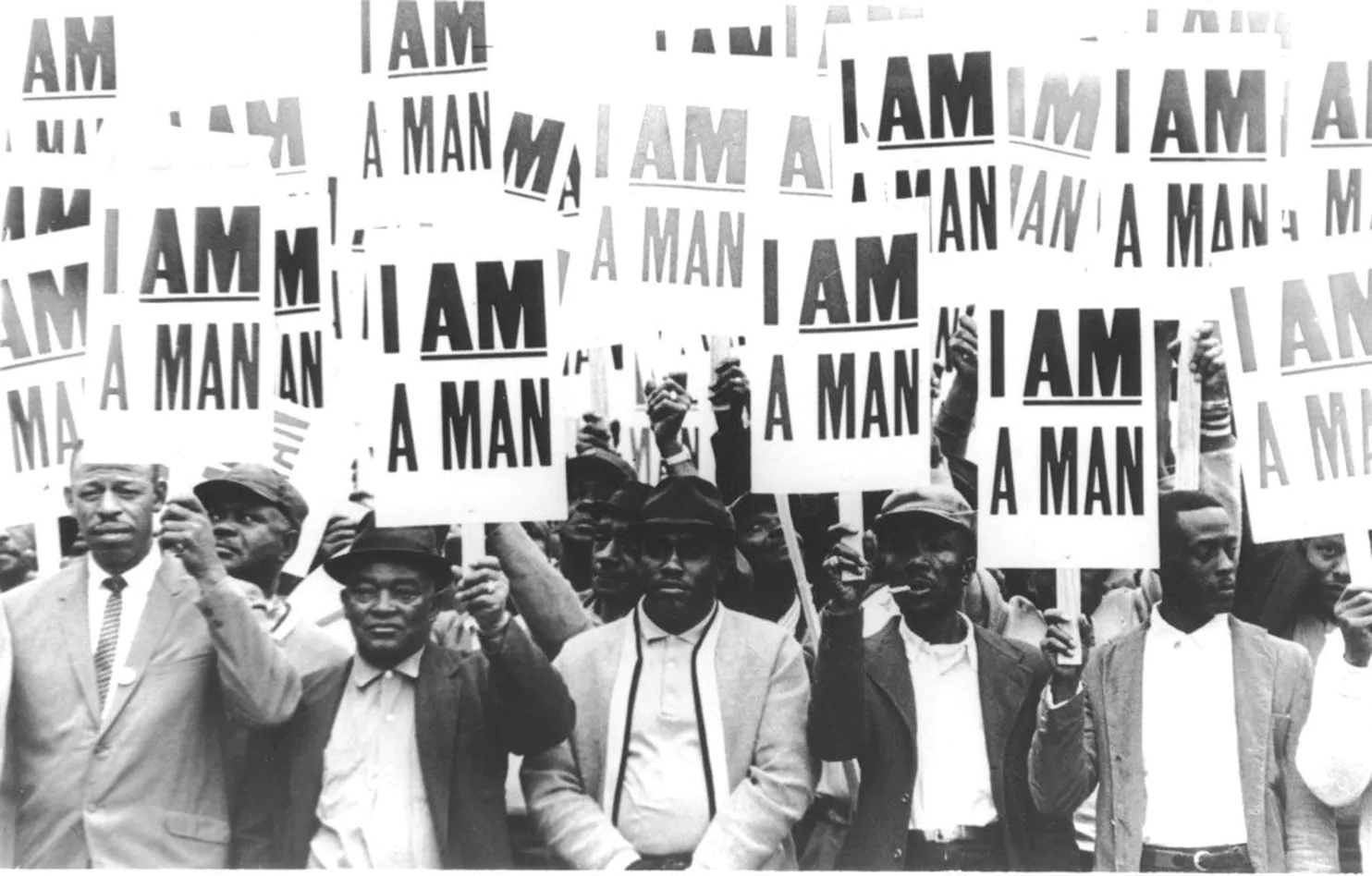
Every February, we commemorate and celebrate Black History Month by honoring the countless contributions and achievements made by African Americans.
Black History Month origins date back to 1926, when historian Carter G. Woodson and other prominent African Americans dedicated the second week in February as “Negro History Week” to coincide with the birthdays of Abraham Lincoln and Frederick Douglass. In 1976, the celebration was officially recognized by President Gerald Ford and expanded and every U.S. president since then has celebrated Black History Month during the month of February.
Honoring African American leaders and community members who fought for fair wages, dignity in the workplace, and the freedom to organize is still important today. Despite the progress that many civil rights leaders made while facing considerable barriers in the 1960s, our country still struggles with issues of systemic racism, disenfranchisement, and income inequality.
One of the most pivotal events in our country’s history was the civil rights movement of the 1960s. From the March on Washington in 1963, where Dr. Martin Luther King delivered his inspirational and timeless “I Have a Dream” speech, to the march from Selma to Montgomery in 1965, the movement showed that people of all races and religions can come together to stand against injustice and oppression.
Over 50 years later, the fight against injustice and oppression continues. Today, a new generation of activists are faced with new injustices to fight against, as well as some familiar ones of the past – high incarceration and unemployment rates, income inequality, a shrinking middle class, stagnant wages, high student debt, and job and housing discrimination. Under-served communities, with African Americans topping the list, are also grappling with the ongoing disparate impact of the COVID-19 virus.
The modern civil rights movement must focus on expanding opportunity so that everyone has the same access to a quality education, well-paying jobs with benefits, access to transportation, and health care services. It is critical to determine what is different now compared to the 1960s. From the Making Change at Walmart to Black Lives Matter and the fight for LGTBQ+ equality, activists have taken the lead in tackling these issues and pushing them into the national conversation.
The UFCW stands in solidarity with today’s activists as we all continue the fight for social and economic justice.




